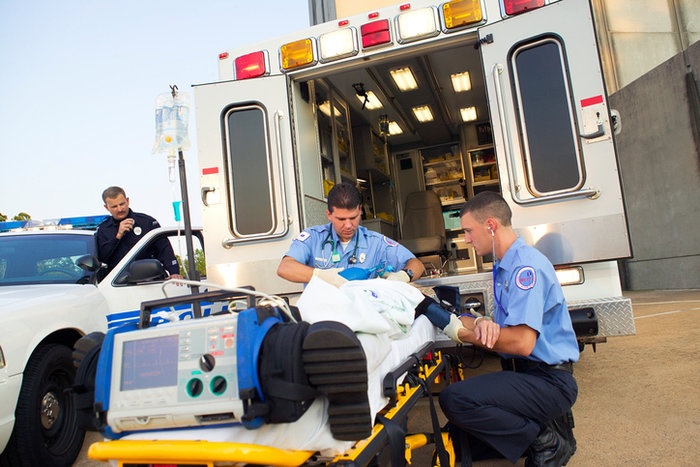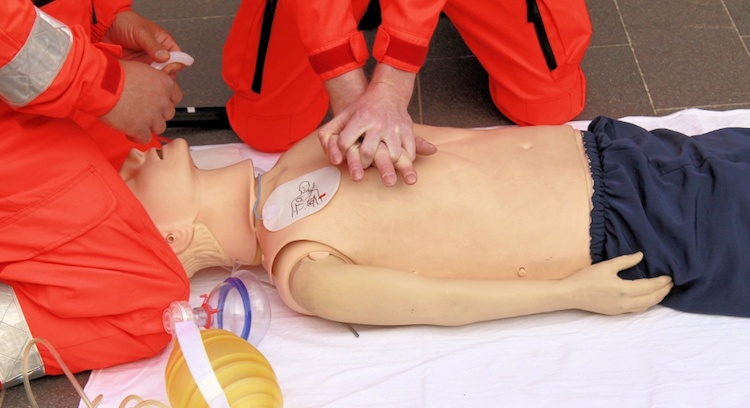Example of edit made in “suggestion mode”. Summer is upon us, and it seems like only yesterday we were dealing with the winter woes of emergency medicine: traumatic injuries from winter sports, an onslaught of influenza as the temperatures plummeted, and the winter doldrums that can lead to depression and anxiety for those predisposed.






















